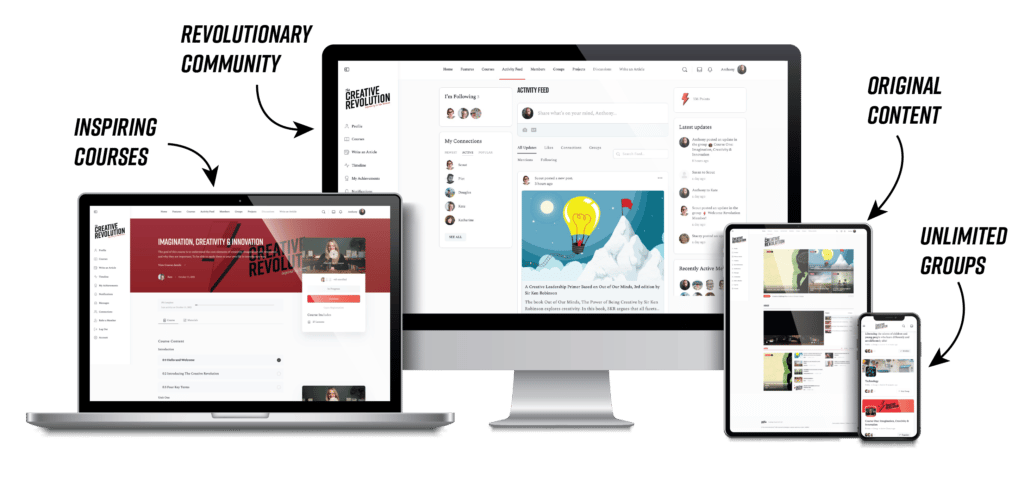As an educator, my career truly spanned all ages. I taught in early education with students as young as 2 years old all the way up until the 12th grade. I also had the experience of teaching at schools with varied inclusion practices when it came to students with special educational needs. Each school was unique, and the learners were diverse. During that time, I was presented with countless individualized education plans (IEPs).
Speaking from experience in the United States, an IEP is a formal document that establishes 3 key components:
1. An academic and social assessment to establish present levels of academic and social progress.
2. A set of annual educational and social emotional goals.
3. A list of required and necessary accommodations and modifications.
An IEP is required by law to be implemented by the teacher. Some of these documents are tomes, but if read from a place of curiosity and compassion, allow the teacher a glimpse into the experience and context of each student.
I always felt that I got to know my students with special needs faster and better because of these documents. Often, even before meeting them, I had a sneak peek into some of their motivations, preferences and interests. These documents informed my teaching from the start, offered me regularly scheduled meetings with families and enriched my insight into each student. Additionally, many students with special needs, as allocated by their IEP, also receive a multitude of supports outside of the classroom, including occupational therapy, counselling and one on one academic support.
I often thought about what the engagement in my classroom would look like if every student had been afforded an IEP. In theory, I felt it would be an equitable way to address the needs of each student, but the thousands of pages of documentation, accommodations and modifications made any suggestion like this completely unsustainable.
As a teacher, I had an established individualized growth plan developed by my principal and myself, to ensure that I continued to grow. This plan allowed the principal to support me through observations and coaching to ensure I was at my best for my students. However, just like those students with IEPs, when I went home, or out into society, nobody considered those plans. In fact, there is usually no roadmap for managing people in our daily lives, and work evaluations, much like IEPs, have become dreaded bureaucratic nightmares.
However, what would life be like if everyone were afforded an individualized plan? How might we interact differently with each other if we were forced to meet people where they were, to understand our differences and needs, and to reflect on our own experiences with the clarity and decisiveness of an IEP or a work eval?
If we can look past the dystopian fear of forced quarterly personal evaluations for a moment, we might realize that reflection is necessary. Afterall, the inherent spirit of an IEP is to give each student a sense of belonging, and to give their teachers a strategy of how to best serve them. As a human being contributing to society, I also desire those things.
Imagine if we were required quarterly to perform a self-reflection on our personal and professional progress. What if we stopped annually to set goals for ourselves in a variety of areas in our lives, instead of just a fluffy New Year’s resolution. In addition to those assessments and goals, we could determine what kind of accommodations and modifications we needed from ourselves and from other people in order to be successful in our day-to-day lives.
Imagine if you were at a party and introduced yourself based on the ideas and concepts set out by you in your individualized plan.
“Hi, I’m Scout, I’m currently in a career shift and still finding my way through that transition. I hope to find routine and confidence in my new role. I’m really into cooking new meals for my family, but I have a really hard time following a recipe, so I generally go off script. I love to spend time in groups, but I require extra quiet time after extroverted experiences. I really need to pre-read things before discussing them so that I have enough time to process information. I’m very emotional, so I like to walk around with tissues in case the waterworks start, and if you can make me laugh, you’ve won me over.”
Can you imagine the depth of relationships we could have, if we were honest about our needs? If instead of a longer résumé, you sent a summary of your personalized plan.
Imagine if you didn’t have to worry about judgement from others, or yourself, when asking for what you needed? To be hired despite your differences? To succeed because of your differences?
What kind of accommodations and modifications would you request from the people around you, your coworkers, your family and your neighbors in order to put your best foot forward?




